Ramadhan Month
No products were found matching your selection.
No products were found matching your selection.

KIDDOCARE SDN BHD
C-13A-5 Sunway Nexis,
No. 1 Jalan PJU 5/1, Kota Damansara,
47810 Petaling Jaya,
Selangor Darul Ehsan, Malaysia.
Hotline : +6019 – 751 0436
OR +6019 – 725 0436
WhatsApp : +6019 – 883 0175
Email: hello@kiddocare.my
Kiddocare Support Operation Hours:
7.00 AM to 12.00 AM

© 2024 Kiddocare. All rights reserved.
All prices are in Malaysian Ringgit (RM / MYR). All prices above will be subjected to Malaysia Service Tax at 6% commencing 1 September 2018. The information contained on this website is for general information purposes only. The information is provided by Kiddocare, therefore we endeavour to keep the information up to date and correct as much as possible. When you visit or interact with our sites, services, applications, tools or messaging, we or our authorised service providers may use cookies, web beacons, and other similar technologies for storing information to help provide you with a better, faster and safer experience and for advertising purposes.
Jawatan: Assistant Teacher (Caregiver)
Babysitting / Assistant Teacher
*The job description may differ, based on the Centre placement of the participants.
Jawatan: Kiddocare Professional Childcare Caregiver
Sebagai Profesional Home Caregiver, anda dikehendaki melaksanakan tugas-tugas berikut:
Jawatan: Kiddocare Professional Carer
Sebagai Kiddocarer, anda dikehendaki melaksanakan tugas-tugas berikut:
Jawatan: Professional Elder Caregiver
Sebagai Professional Elder Caregiver, anda dikehendaki melaksanakan tugas-tugas berikut:
As a Kiddocare Professional Childcare Caregiver, you are required to perform the following tasks:
As a Kiddocare Professional Elder care Caregiver, you are required to perform the following tasks:
As a Kiddocare Professional Carer, you are required to perform the following tasks:
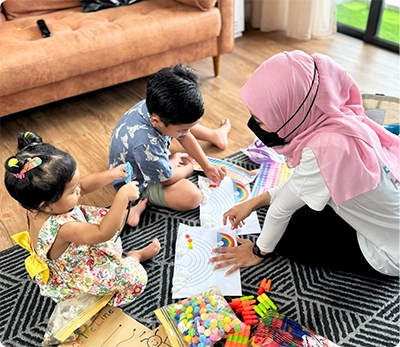
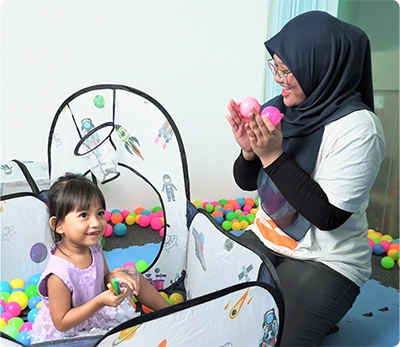
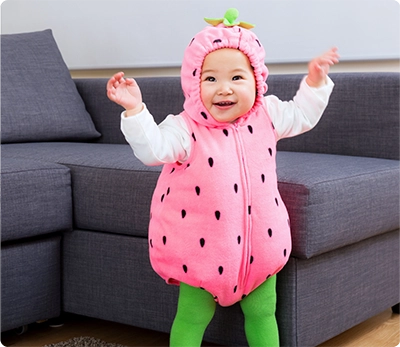
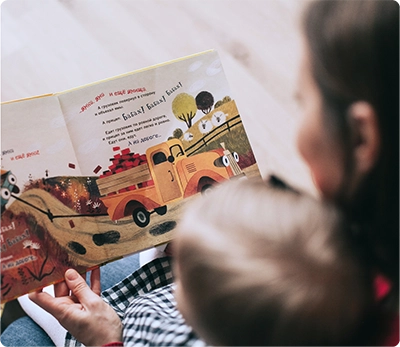
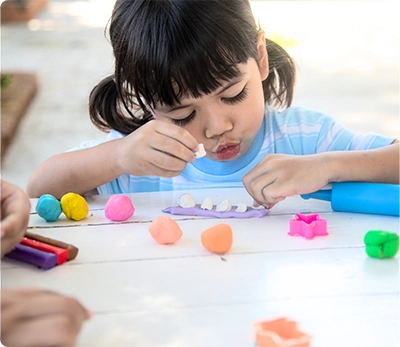
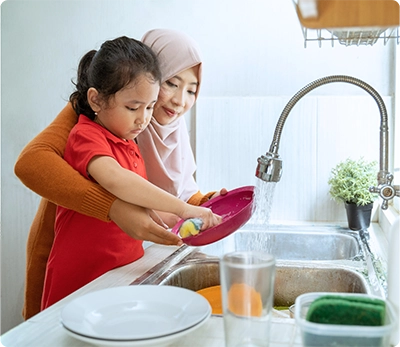
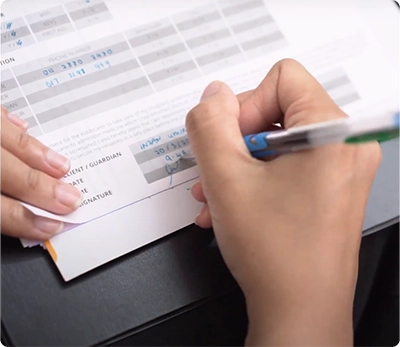
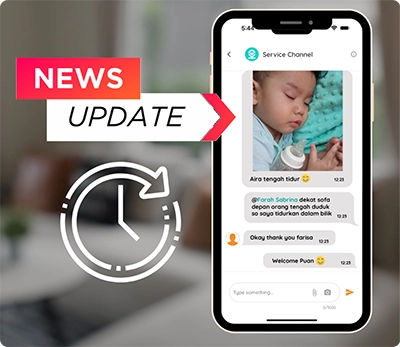
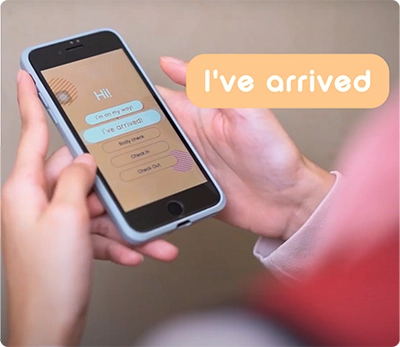
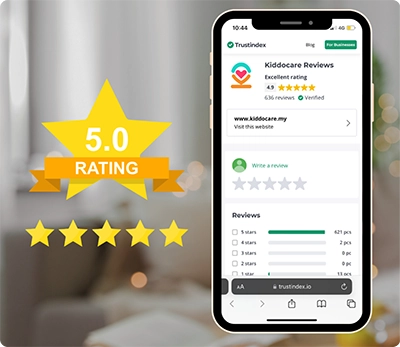
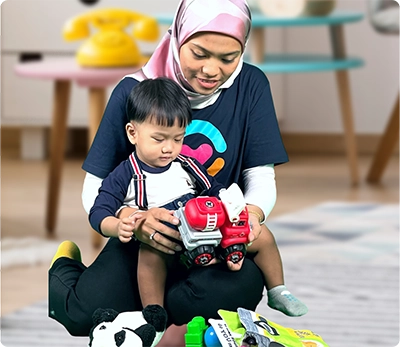
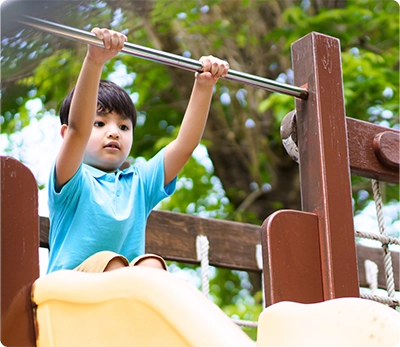
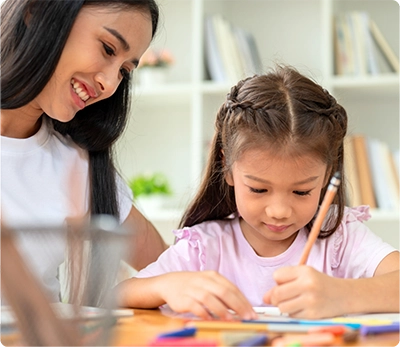
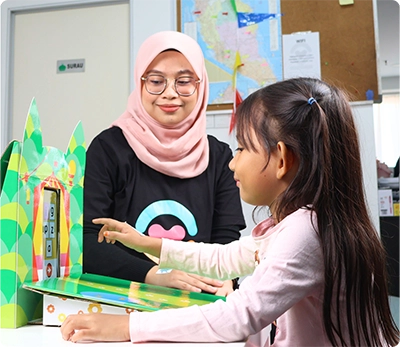
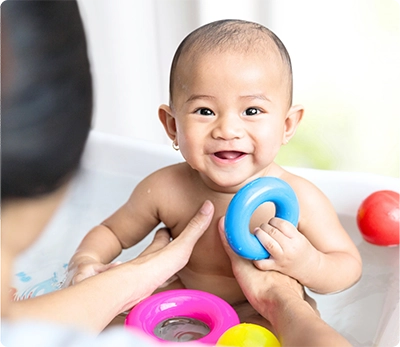
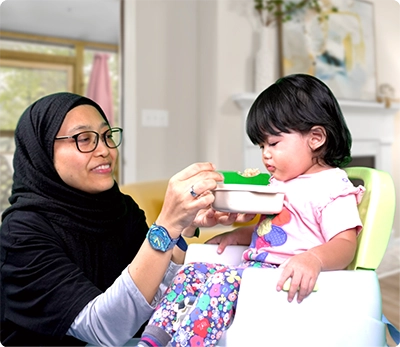

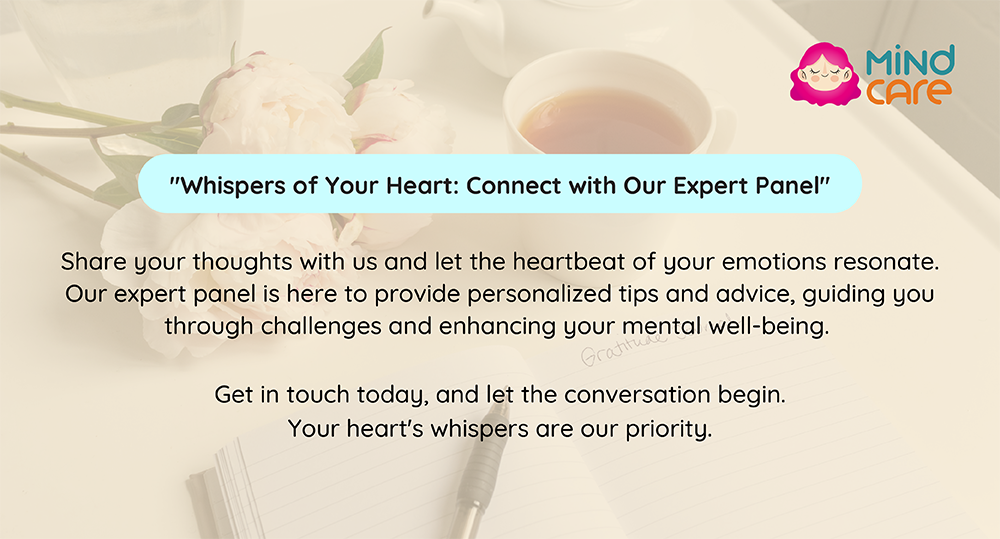
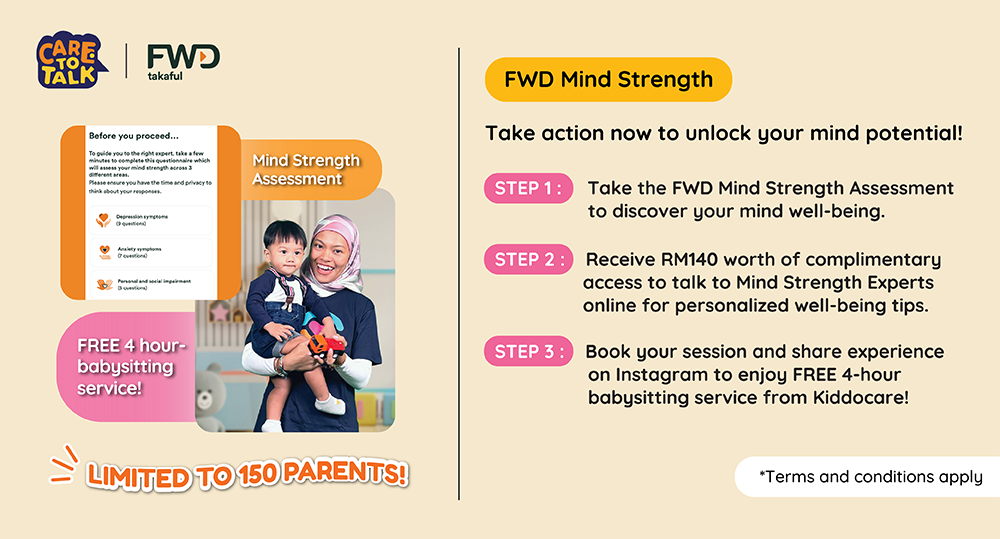
Share this mind strength assesment with tour family and friends





